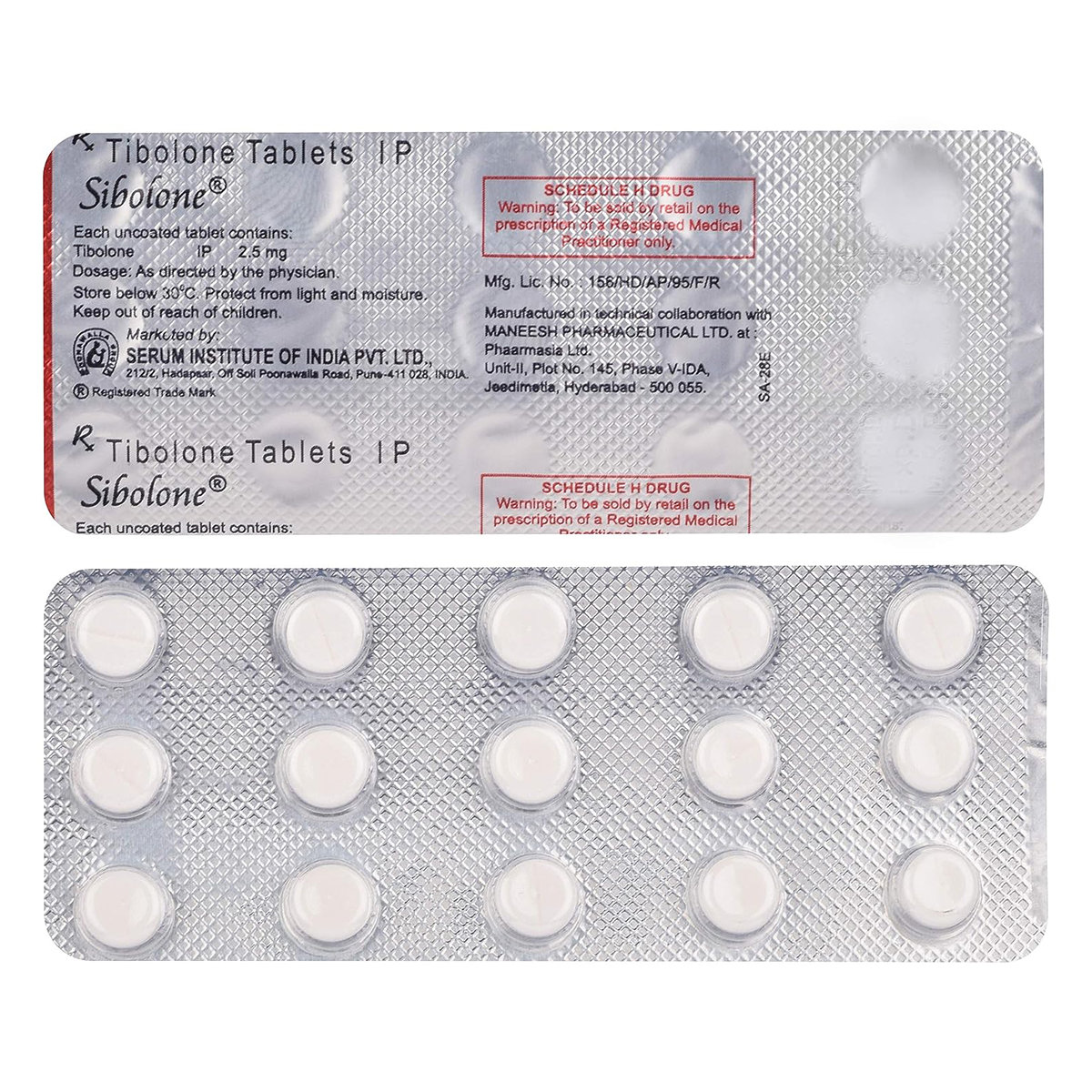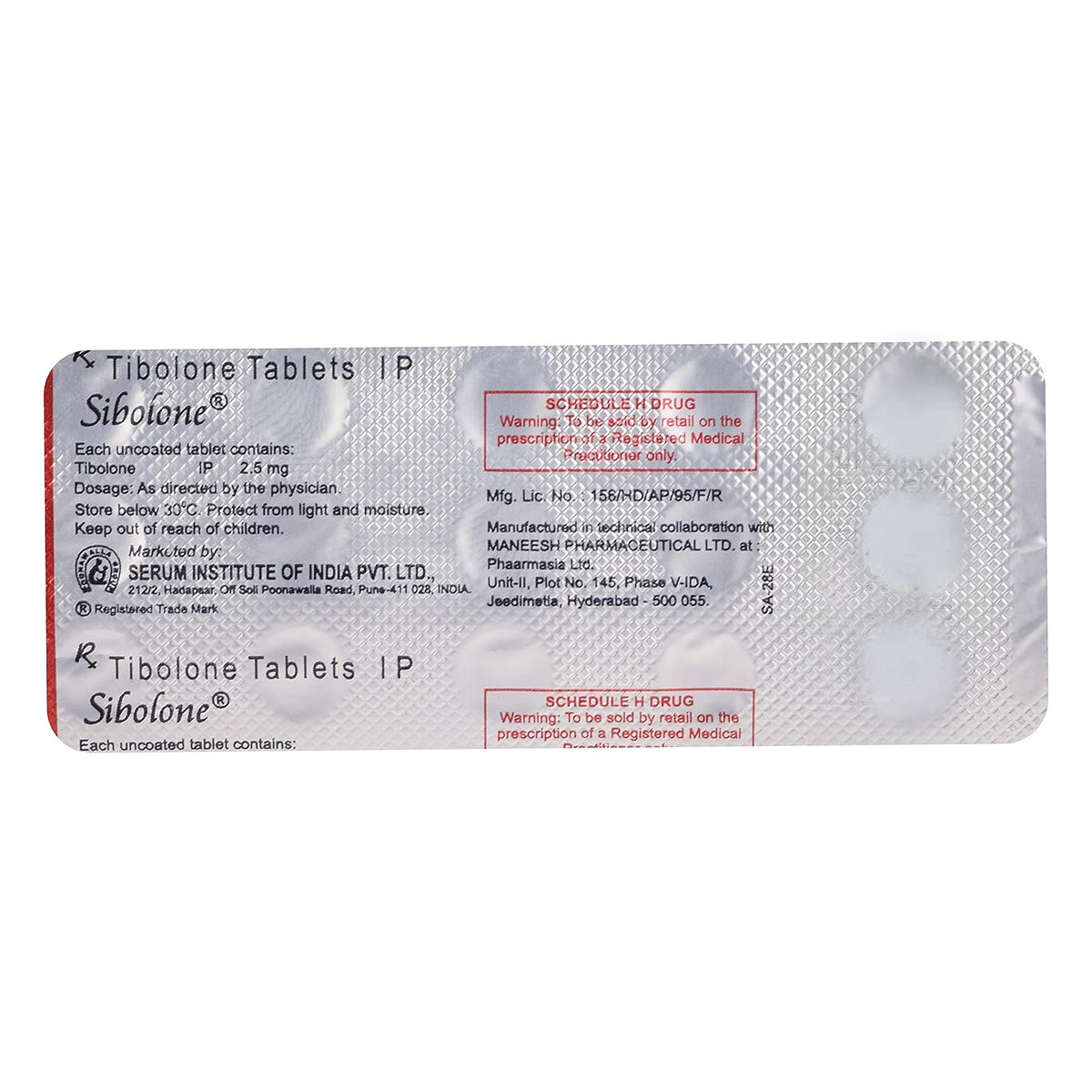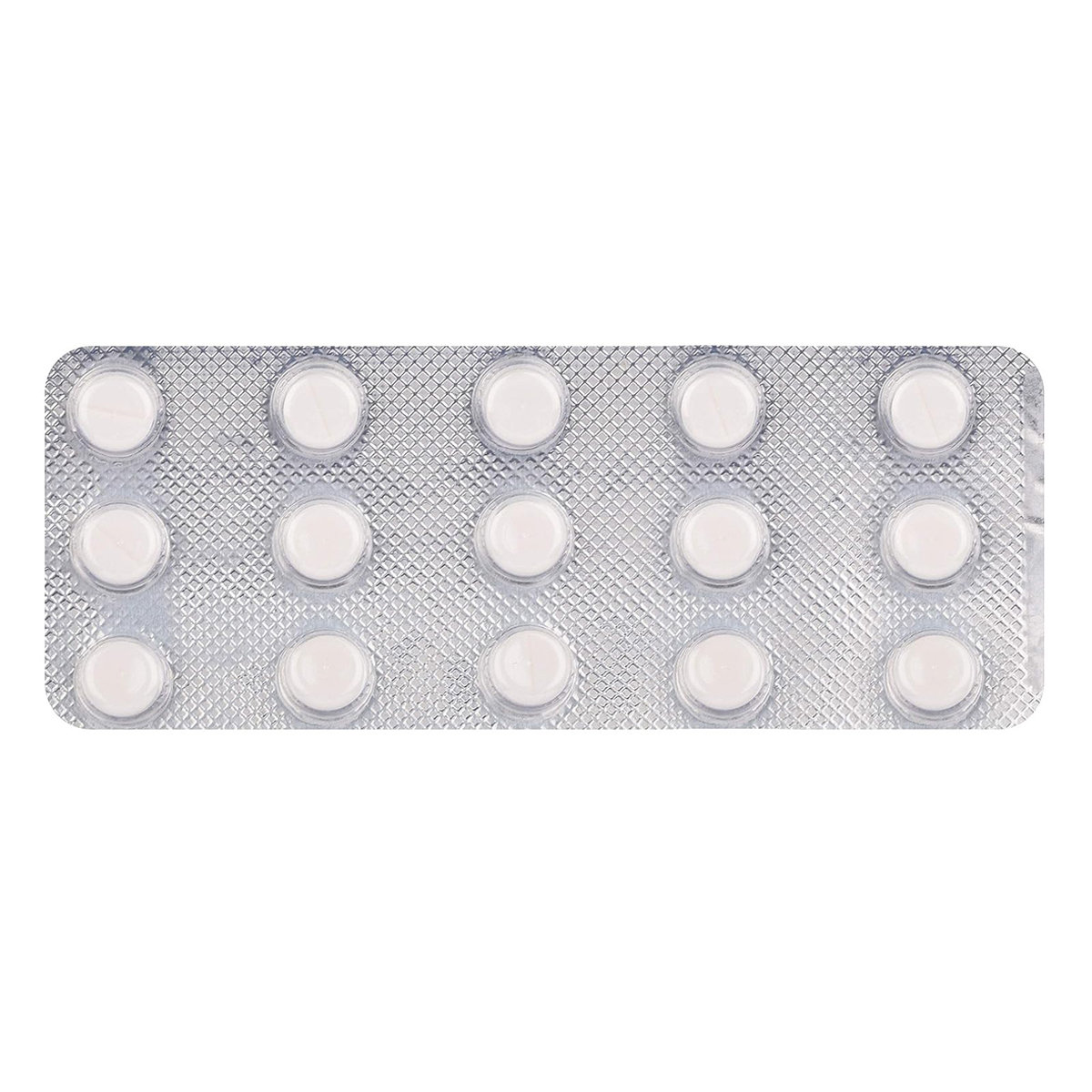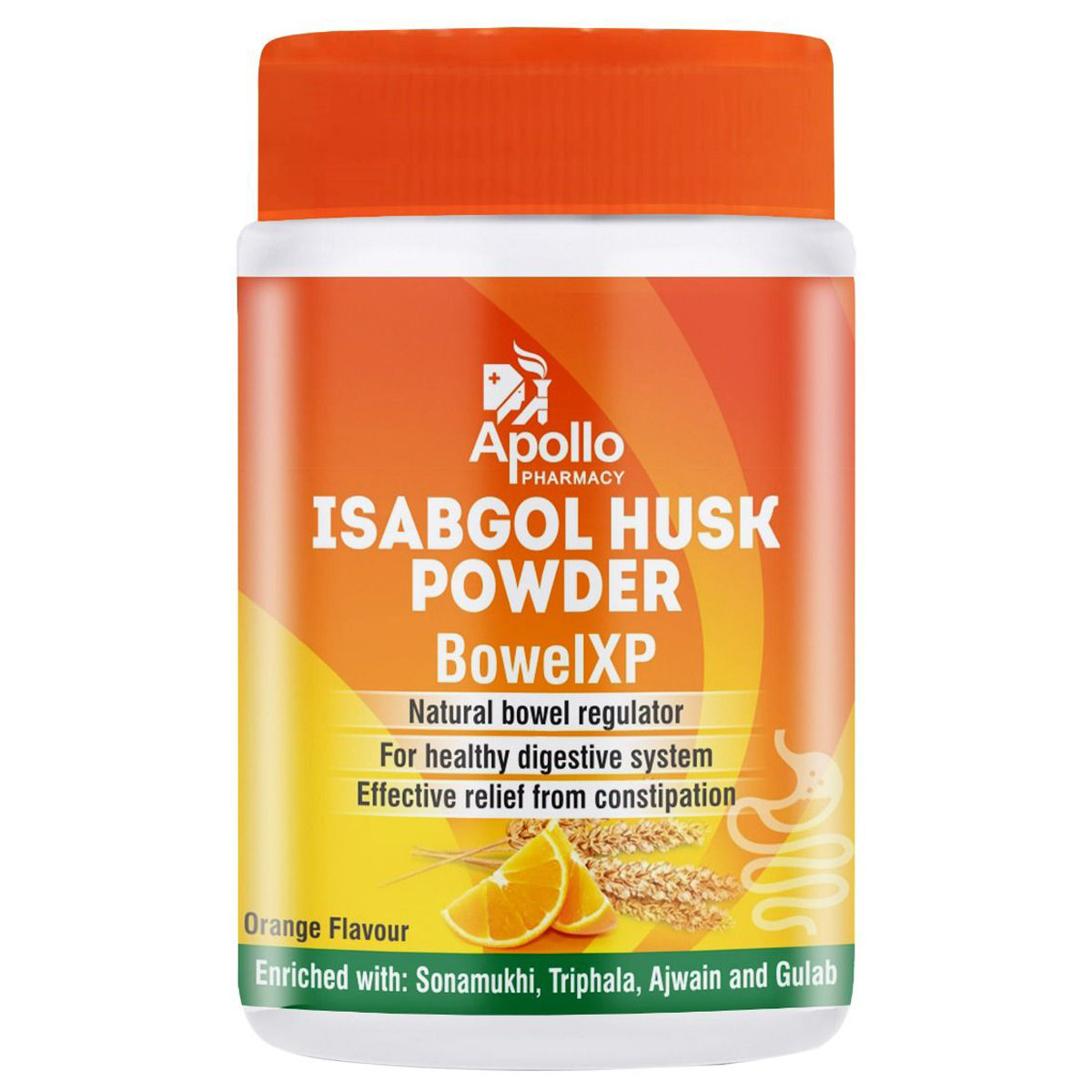SIBOLONE TABLET



MRP ₹396.5
(Inclusive of all Taxes)
₹59.5 Cashback (15%)
know your delivery time
Provide Delivery Location
Composition :
Manufacturer/Marketer :
Consume Type :
Expires on or after :
Return Policy :

Secure Payment

Trusted by 8 Crore Indians

Genuine Products
Therapeutic Class
Country of origin
Manufacturer/Marketer address
Author Details
We provide you with authentic, trustworthy and relevant information
Disclaimer
Alcohol
Safe if prescribed
Avoid consumption of alcohol with SIBOLONE TABLET as it may increase the risk of breast cancer.
Pregnancy
Consult your doctor
SIBOLONE TABLET is a category D pregnancy drug and is not recommended for pregnant women as it may harm the unborn baby. Please consult a doctor if you are pregnant.
Breast Feeding
Consult your doctor
Avoid taking SIBOLONE TABLET if you are breastfeeding and consult a doctor.
Driving
Safe if prescribed
SIBOLONE TABLET usually does not affect your ability to drive or operate machinery.
Liver
Consult your doctor
Take SIBOLONE TABLET with caution, especially if you have a history of Liver diseases/conditions. The dose may be adjusted by your doctor as required.
Kidney
Consult your doctor
Take SIBOLONE TABLET with caution, especially if you have a history of Kidney diseases/conditions. The dose may be adjusted by your doctor as required.
Children
Safe if prescribed
SIBOLONE TABLET is not recommended for children as it is intended for use in postmenopausal women.
Product Substitutes
About SIBOLONE TABLET
SIBOLONE TABLET belongs to the class of medicines called synthetic steroids used to treat postmenopausal symptoms and prevent osteoporosis (weak and brittle bones) caused in menopausal women. SIBOLONE TABLET is a hormone replacement therapy (HRT). Postmenopause is a condition in which women have not had a period of 12 months or longer. The oestrogen levels decrease in postmenopausal women resulting in symptoms such as hot flushes (hot neck, face and chest). Osteoporosis is a bone disease that weakens and thins bones by decreasing bone density which is common in post-menopausal women.
SIBOLONE TABLET contains Tibolone which works by mimicking the activity of natural hormones progesterone, oestrogen and testosterone. Thereby, it reduces menopausal symptoms by restoring hormone levels in the body. Also, SIBOLONE TABLET prevents osteoporosis in postmenopausal women by restoring oestrogen levels in the body and preventing bone loss and fractures.
Take SIBOLONE TABLET as prescribed by your doctor. You are advised to take SIBOLONE TABLET for as long as your doctor has prescribed it for you based on your medical condition. In some cases, you may experience stomach pain, breast pain, vaginal bleeding or spotting, unusual hair growth, weight gain, vaginal itching or irritation. Most of these side effects of SIBOLONE TABLET do not require medical attention and gradually resolve over time. However, if the side effects persist or worsen, please consult your doctor.
If you are allergic to SIBOLONE TABLET or any other medicines, please tell your doctor. Avoid taking SIBOLONE TABLET if you are pregnant or breastfeeding and consult a doctor. SIBOLONE TABLET is not recommended for children. You are recommended to avoid alcohol consumption with SIBOLONE TABLET as it may increase the risk of breast cancer. If you have premature menopause, inform your doctor before taking SIBOLONE TABLET so that the risks and benefits may be compared.
Uses of SIBOLONE TABLET
Medicinal Benefits Mweb
Key Benefits
SIBOLONE TABLET contains Tibolone, a hormone replacement therapy (HRT) used to treat postmenopausal symptoms and prevent osteoporosis (weak and brittle bones) caused by menopause in women. SIBOLONE TABLET mimics the activity of natural hormones progesterone, estrogen, and testosterone. Thereby restoring hormone levels in the body and reducing menopausal symptoms. Also, SIBOLONE TABLET prevents osteoporosis in postmenopausal women and prevents bone loss and fractures. The risk of breast cancer and blood clots is less with SIBOLONE TABLET than with other HRT.
Directions for Use
Side Effects of SIBOLONE TABLET
- Stomach pain
- Breast pain
- Vaginal bleeding or spotting
- Unusual hair growth
- Weight gain
- Vaginal itching or irritation
Drug Warnings
If you are allergic to SIBOLONE TABLET or any other medicines, please tell your doctor. Avoid taking SIBOLONE TABLET if you are pregnant or breastfeeding and consult a doctor. SIBOLONE TABLET is not recommended for children. If you have premature menopause, inform your doctor before taking SIBOLONE TABLET so that the risks and benefits may be compared. Avoid taking SIBOLONE TABLET if you have recently had a stroke, heart attack, or angina (chest pain). If you have very high levels of fat (triglycerides) in blood, inform your doctor before taking SIBOLONE TABLET. You are recommended to avoid alcohol consumption with SIBOLONE TABLET as it may increase the risk of breast cancer. If you experience sudden chest pain, difficulty in breathing, or painful swelling and redness of your legs, stop taking SIBOLONE TABLET and consult a doctor immediately as these might be signs of a blood clot.
Drug-Drug Interactions
Drug-Drug Interactions
Login/Sign Up
Drug-Food Interactions
Drug-Food Interactions
Login/Sign Up
Drug-Diseases Interactions
Drug-Diseases Interactions
Login/Sign Up
Drug-Drug Interactions Checker List
- WARFARIN
- PHENYTOIN
- CARBAMAZEPINE
- PHENOBARBITAL
- RIFAMPICIN
Habit Forming
Special Advise
- Regular breast screening is recommended while taking SIBOLONE TABLET.
- Check your breasts regularly for any changes in the nipple, dimpling of the skin or any lumps.
Diet & Lifestyle Advise
- Include dairy products like milk, yogurt, cheese, or milk-based custard in your diet.
- Eat daily a serving of broccoli, cabbage, bok choy (Chinese white cabbage), spinach, and other green leafy vegetables.
- Snack on calcium-rich nuts like Brazil nuts or almonds.
- Sprinkle sesame seeds over your food, vegetables, and salads. Sesame seeds are high in calcium.
- Avoid or reduce the intake of caffeine, soft drinks, and alcohol that inhibit calcium absorption.
- Replace the meat with tofu or tempeh for extra calcium in your food.
All Substitutes & Brand Comparisons
RX
Out of StockMaxtib 2.5 mg Tablet 14's
Sun Pharmaceutical Industries Ltd
₹272
(₹17.49 per unit)
26% CHEAPERRX
Out of StockTibomax 2.5mg Tablet
Zydus Cadila
₹209.57
(₹18.86 per unit)
20% CHEAPERRX
Out of StockTibolone 2.5mg Tablet
Cipla Ltd
₹407.12
(₹26.17 per unit)
10% COSTLIER

Have a query?
Buy best Obstetrics And Gynaecology products by
Sun Pharmaceutical Industries Ltd
Serum Institute Of India Pvt Ltd
Bharat Serums and Vaccines Ltd
Intas Pharmaceuticals Ltd
Akumentis Healthcare Ltd
Torrent Pharmaceuticals Ltd
Koye Pharmaceuticals Pvt Ltd
Abbott India Ltd
Cipla Ltd
Emcure Pharmaceuticals Ltd
Lupin Ltd
Neon Laboratories Ltd
Walter Bushnell
Zydus Cadila
Corona Remedies Pvt Ltd
Jagsonpal Pharmaceuticals Ltd
Mankind Pharma Pvt Ltd
Zydus Healthcare Ltd
Aristo Pharmaceuticals Pvt Ltd
Alembic Pharmaceuticals Ltd
Gufic Bioscience Ltd
Mylan Pharmaceuticals Pvt Ltd
Sanzyme Pvt Ltd
Lincoln Pharmaceuticals Ltd
Macleods Pharmaceuticals Ltd
West Coast Pharmaceuticals Pvt Ltd
Eris Life Sciences Ltd
Pfizer Ltd
Xeno Pharmaceuticals
Fourrts India Laboratories Pvt Ltd
TTK Healthcare Ltd
Ar-Ex Laboratories Pvt Ltd
Glenmark Pharmaceuticals Ltd
Samarth Life Sciences Pvt Ltd
Systopic Laboratories Pvt Ltd
Vivo Lifesciences Pvt Ltd
Bayer Zydus Pharma Pvt Ltd
Blisson Mediplus Pvt Ltd
Dewcare Concept Pvt Ltd
Organon India Ltd
Pharmanova India Drugs Pvt Ltd
Wellesta Healthcare Pvt Ltd
Win Medicare Ltd
Cadila Pharmaceuticals Ltd
Martin & Harris Pvt Ltd
Pharmanova Specialties Pvt Ltd
Shield Healthcare
Svizera Healthcare
Chem Med Pharmaceuticals
Eurozen Healthcare
Ferring Pharmaceuticals Pvt Ltd
German Remedies Ltd
Goddres Pharmaceuticals Pvt Ltd
Hetero Healthcare Pvt Ltd
Indiabulls Pharmaceuticals Pvt Ltd
Infar India Ltd
La Renon Healthcare Pvt Ltd
Uni Sankyo Ltd
Zuventus Healthcare Ltd
Alkem Laboratories Ltd
Amelia Healthcare Pvt Ltd
Bio Mines
Blisson Medica Pvt Ltd
Burot Pharmaceutical
Cadila Healthcare Ltd
Cheminnova Lifesciences
Cosmic Life Sciences
Elbrit Life Sciences Pvt Ltd
Evaevo Lifescience Pvt Ltd
Gland Pharma Ltd
Hibiscus Pharmaceuticals Pvt Ltd
Hindustan Latex Ltd
Karisca Healthcare Pvt Ltd
Maneesh Pharmaceuticals Ltd
Medishri Healthcare Pvt Ltd
Micro Labs Ltd
Nextgen Healthcare
Novartis India Ltd
Oaknet Healthcare Pvt Ltd
PSI India Pvt Ltd
Stoicure Pharmaceuticals Pvt Ltd
Uniza Healthcare Llp
Albert David Ltd
Astra Zeneca Pharma India Ltd
Astraea Life Sciences Pvt Ltd
Besins Healthcare
Bharat Biotech
Biological E Ltd
Biomiicron Pharma India Pvt Ltd
Carexia Healthcare Llp
Chemo Healthcare Pvt Ltd
Cieo Remedie
Cureill Pharma Pvt Ltd
D Cure Pharmaceuticals Pvt Ltd
DR Johns Lab Pharma Pvt Ltd
Delight Biopharma Pvt Ltd
Dew Life Pharmaceuticals
East West Pharma India Pvt Ltd
Elder Pharmaceuticals Ltd
Eskag Pharma Pvt Ltd
Customers Also Bought







